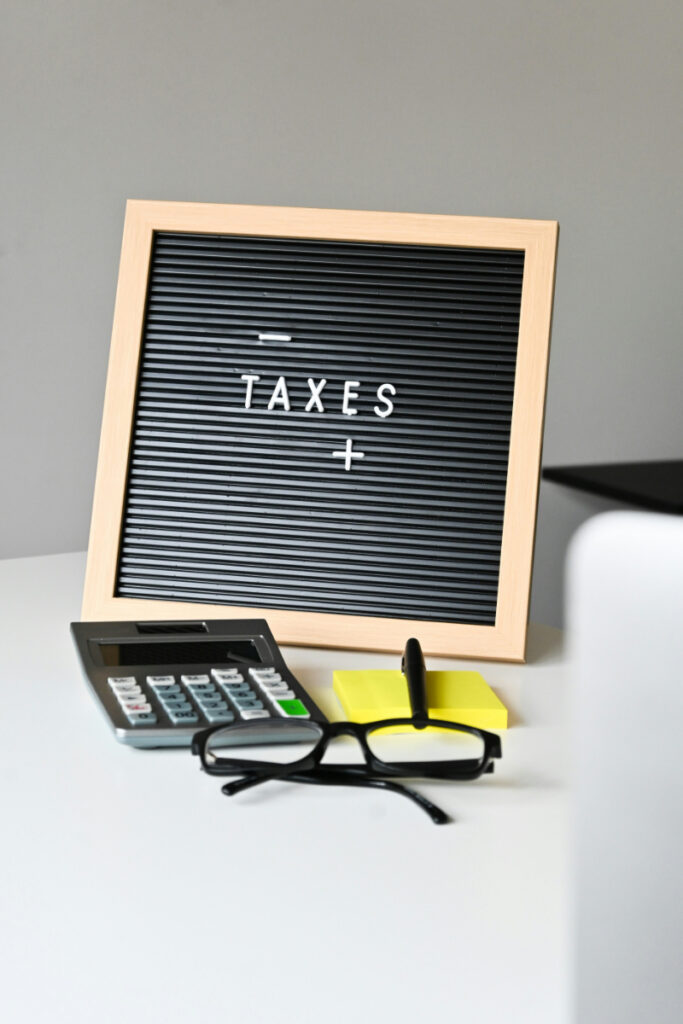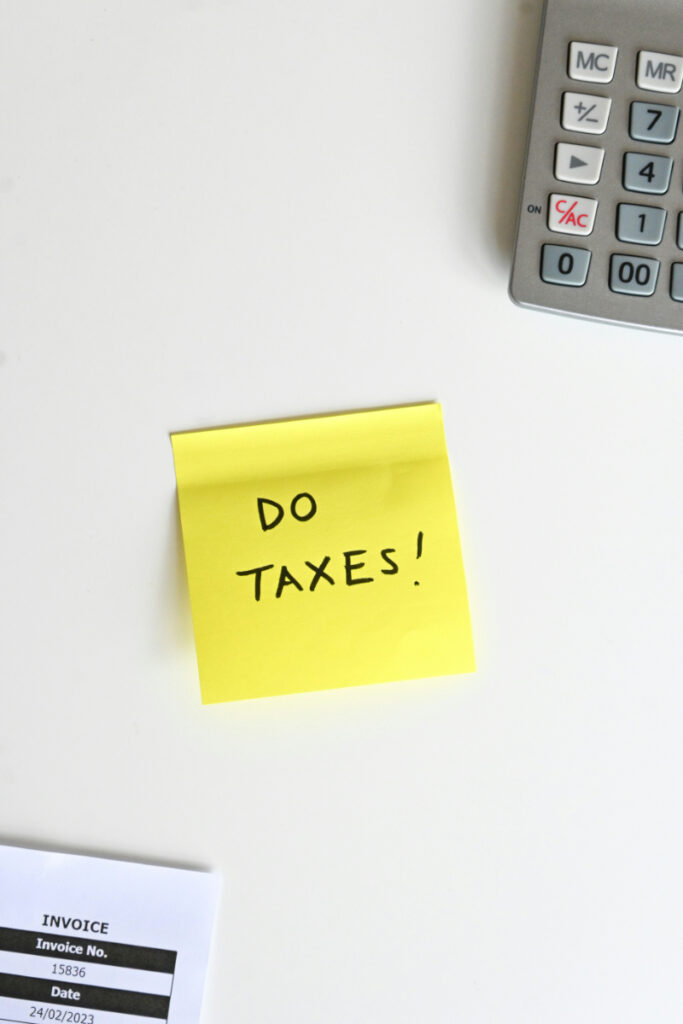Are you a freelancer who struggles with filing taxes? You’re not alone. Many freelancers find it challenging to navigate the complex tax system, especially when they’re starting out. However, with the right information and tools, you can file your taxes with ease and even maximize your deductions to save money.
One of the most important tax tips for freelancers is to keep track of all your income and expenses throughout the year. This includes invoices, receipts, and bank statements. By doing so, you’ll have a clear picture of your financial situation and be able to claim all the deductions you’re entitled to. You can use accounting software or hire an accountant to help you manage your finances.
Another tip is to pay estimated taxes throughout the year to avoid penalties and interest charges. As a freelancer, you’re considered self-employed and responsible for paying both the employer and employee portion of Social Security and Medicare taxes. You can use the IRS Form 1040-ES to calculate and pay your estimated taxes quarterly. By following these tax tips, you can take control of your finances and avoid any surprises come tax season.
Table of Contents
- Understanding Tax Obligations
- Maximizing Deductions
- Keeping Accurate Records
- Planning for the Future

Understanding Tax Obligations
As a freelancer, you are responsible for paying taxes on your income. This can be a bit overwhelming, but understanding your tax obligations can help make the process easier. Here are two important things to keep in mind:
Self-Employment Tax Basics
When you work for yourself, you are considered self-employed and must pay self-employment tax. This tax is made up of Social Security and Medicare taxes and is calculated at a rate of 15.3% of your net earnings. It’s important to remember that as a freelancer, you are responsible for paying both the employer and employee portions of these taxes.
Estimated Quarterly Taxes
As a freelancer, you are not an employee and do not have taxes withheld from your paychecks. Instead, you are responsible for making estimated quarterly tax payments throughout the year. These payments are due on April 15th, June 15th, September 15th, and January 15th of the following year.
To calculate your estimated quarterly tax payments, you will need to estimate your total income and deductions for the year. You can use Form 1040-ES to help you calculate your payments. It’s important to make these payments on time to avoid penalties and interest charges.
By understanding your tax obligations as a freelancer, you can stay on top of your taxes and avoid any surprises come tax time.
Maximizing Deductions
As a freelancer, maximizing your deductions is crucial to reducing your taxable income and ultimately lowering your tax bill. Here are some of the most common deductions that you should consider when filing your taxes:
Home Office Deduction
If you use a portion of your home exclusively for business purposes, you may be eligible for the home office deduction. This deduction allows you to deduct a portion of your home expenses, such as rent, mortgage interest, utilities, and insurance. To qualify for this deduction, your home office must meet certain requirements, such as being used regularly and exclusively for business purposes.
Equipment and Supplies
As a freelancer, you likely use equipment and supplies to conduct your business. You can deduct the cost of these items as business expenses. Equipment includes items such as computers, printers, and cameras, while supplies include items such as paper, ink, and postage. Keep in mind that you can only deduct the portion of these expenses that is used for business purposes.
Travel and Meals
If you travel for business purposes, you can deduct your travel expenses, including transportation, lodging, and meals. You can also deduct the cost of meals and entertainment if they are directly related to your business. However, keep in mind that you can only deduct 50% of your meal and entertainment expenses.
To ensure that you are maximizing your deductions, keep accurate records of your expenses and consult with a tax professional if you have any questions or concerns. By taking advantage of these deductions, you can reduce your taxable income and save money on your taxes.
Keeping Accurate Records
As a freelancer, keeping accurate records is crucial for a smooth tax filing process. It helps you keep track of your expenses and income, and ensures that you are not overpaying or underpaying your taxes. Here are two key aspects of keeping accurate records:

Expense Tracking
Keeping track of your expenses is essential for claiming deductions on your tax return. It is important to keep receipts and invoices for all business-related expenses, such as office equipment, supplies, and travel expenses. You can also use accounting software to track your expenses and generate reports for tax purposes.
One way to simplify your expense tracking is to separate your personal and business expenses. You can use a separate bank account or credit card for your business expenses, so you can easily track and categorize them. This will also help you avoid mixing personal and business expenses, which can complicate your tax return.
Income Documentation
Keeping accurate records of your income is just as important as tracking your expenses. You should keep all invoices, receipts, and payment records related to your freelance work. This will help you calculate your taxable income and ensure that you are reporting all of your earnings.
You can use accounting software to generate invoices and track your payments. This will help you stay organized and avoid missing any payments. You can also use spreadsheets or other tools to keep track of your income and expenses.
In conclusion, keeping accurate records is essential for freelancers who want to stay on top of their finances and avoid any tax-related issues. By tracking your expenses and income, you can ensure that you are paying the right amount of taxes and claiming all the deductions you are entitled to.
Planning for the Future
As a freelancer, it’s important to plan for your future. This includes not only your retirement savings but also your health insurance considerations. Here are some tips to consider when planning for the future.
Retirement Savings
As a freelancer, you don’t have the luxury of an employer-sponsored retirement plan. However, you can still save for retirement on your own. One option is to set up an individual retirement account (IRA). You can contribute up to $6,000 to an IRA in 2024, and if you’re over 50, you can make an additional catch-up contribution of $1,000.
Another option is to set up a solo 401(k). This is a retirement plan designed for self-employed individuals. With a solo 401(k), you can contribute up to $58,000 in 2024, or up to $64,500 if you’re over 50.
When deciding which retirement plan to choose, consider your income, tax bracket, and retirement goals. It’s also a good idea to consult with a financial advisor to help you make the best decision for your situation.
Health Insurance Considerations
As a freelancer, you’re responsible for your own health insurance. This can be a daunting task, but there are options available to you.
One option is to purchase health insurance through the Health Insurance Marketplace. You may qualify for a subsidy to help offset the cost of your premiums.
Another option is to join a professional organization that offers group health insurance to its members. This can be a more affordable option than purchasing an individual plan.
You may also want to consider a health savings account (HSA). An HSA is a tax-advantaged savings account that you can use to pay for qualified medical expenses. You can contribute up to $3,900 to an HSA in 2024 if you have an individual plan, or up to $7,800 if you have a family plan.
Planning for your future as a freelancer can be challenging, but it’s important to take the time to consider your options and make the best decisions for your situation. By saving for retirement and considering your health insurance options, you can set yourself up for a more secure future.




